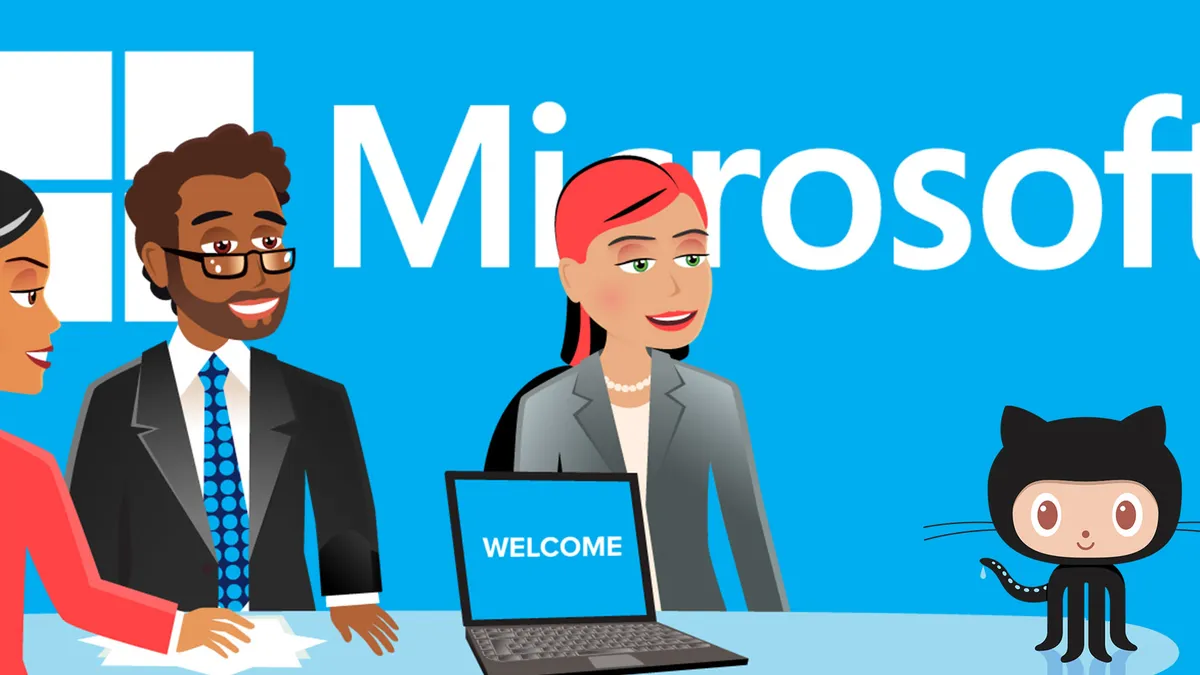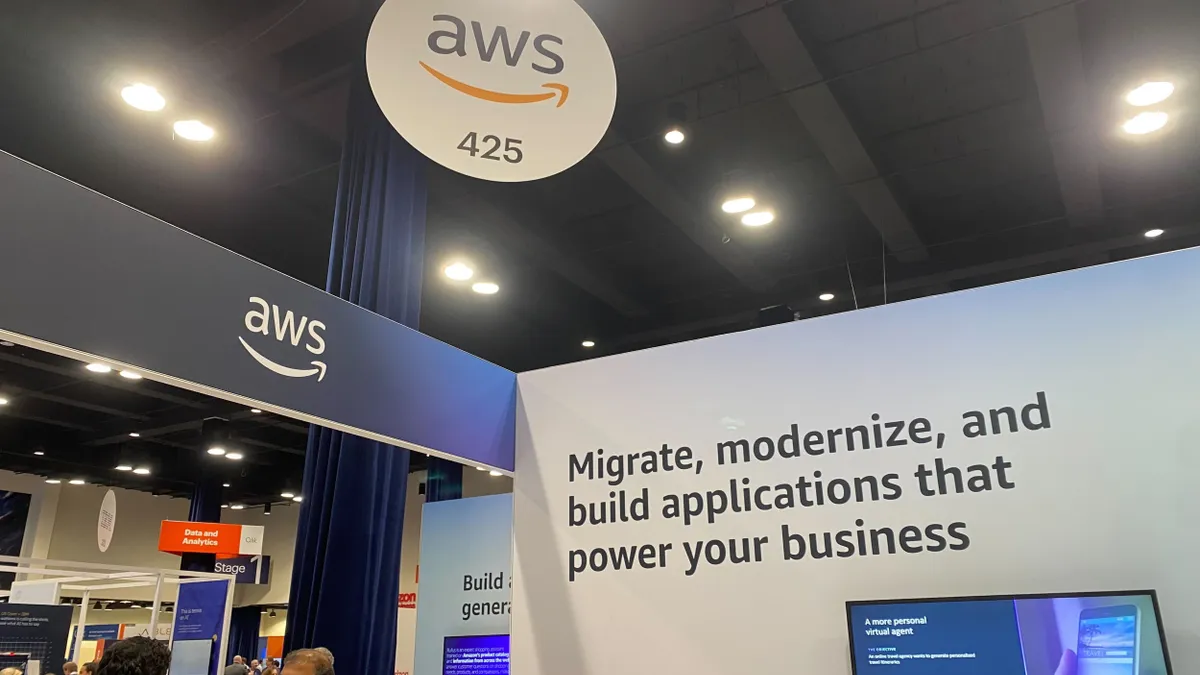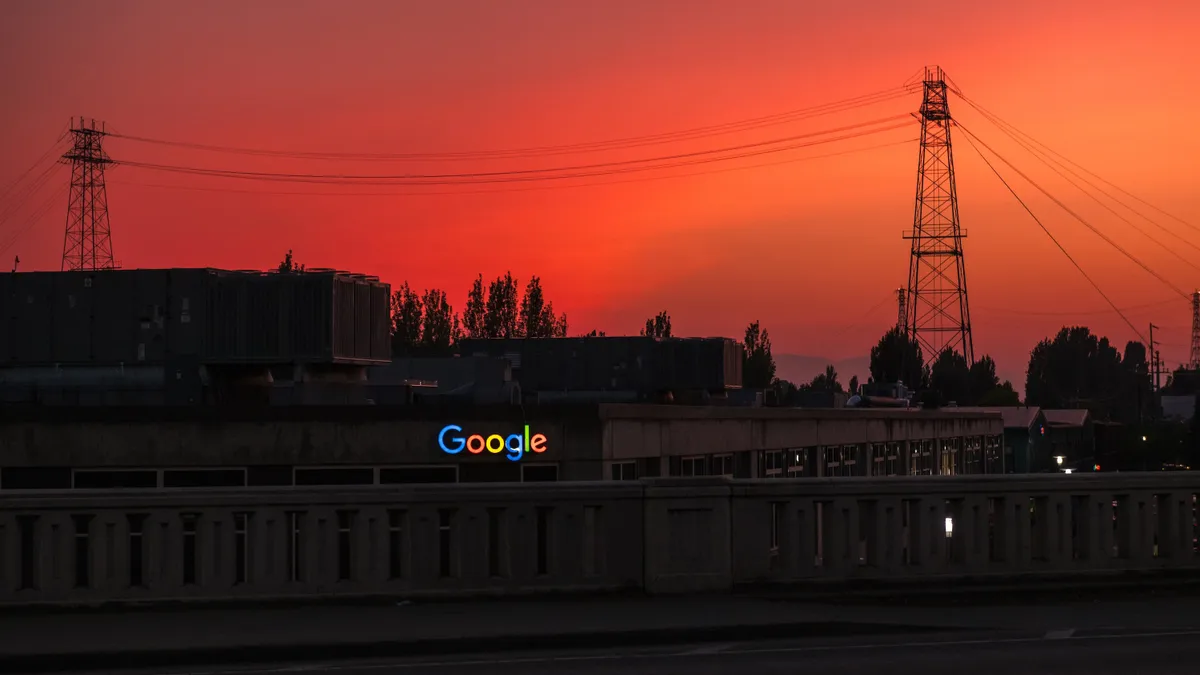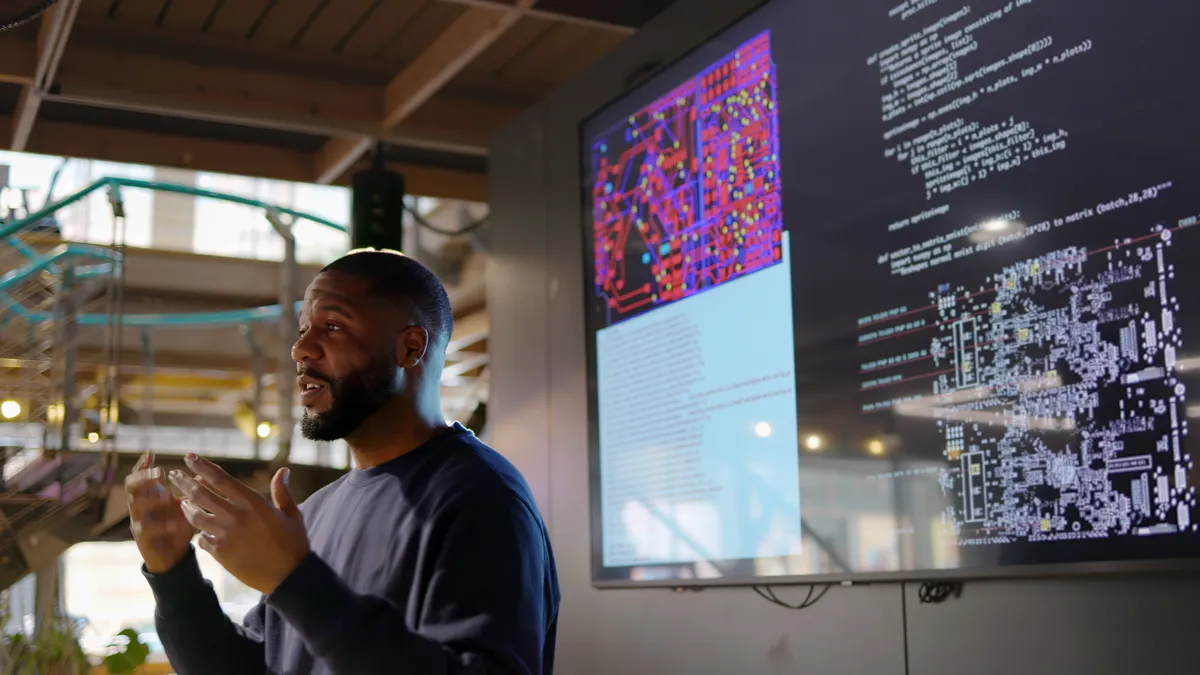Editor's note: GitHub is officially a part of Microsoft, new CEO Nat Friedman announced Friday. Now, attention turns to impacts on the developer community and GitHub's role in the enterprise. Check out this piece from the archives for more insight on the deal.
Microsoft created waves in the technology community Monday upon news of its intent to acquire GitHub for $7.5 billion, shaking up the developer community and the competition between leading vendors.
Looking to scale and move further into the enterprise — a difficult market to penetrate — GitHub was faced with two strategic options: Go public and scale through acquisitions, or search for buyers.
"I always thought GitHub was going to IPO," said Kenneth Reitz, software engineer and senior developer relations advocate at DigitalOcean, in an interview with CIO Dive.
Pre-public companies are in a curious position, stuck in the middle between young upstarts and established vendors. Still considered "cool" prior to IPOs, once a company goes public they're beholden to shareholders, judged by stock rather than technical performance.
"As a tools vendor, going public is a dangerous road," Thomas Murphy, research director at Gartner, in an interview with CIO Dive.
When a developer favorite is acquired, questions arise about integration.
In 2010, Oracle acquired Sun Microsystem, a leading contributor to open source, and with it Java. "Oracle saw a monetization opportunity — in Oracle fashion — which no one likes," said John Parkinson, Affiliate Partner of Waterstone Management Group, in an interview with CIO Dive. Following layoffs last fall, Oracle in effect shut down Sun product development.
Microsoft has vowed to keep GitHub separate and has shown good will to the developer community through its contributions to open source.
In 2017, GitHub's community grew to more than 24 million developers and Microsoft's Visual Studio Code was the project with the most contributors. The company has also supported the development of Kubernetes.
"Yeah they're Microsoft and they're big," said Murphy, but the "new Microsoft" is as good or better a location than any other place GitHub could have ended up.
If it wasn't Microsoft acquiring GitHub, it would have been a company like Amazon, Google or Apple. Even Atlassian could have been a logical suitor, though it lacks the capital.
Microsoft has always been a developer-centric business and now it has a foothold in the "new developer world. [It's a] very good thing for Microsoft and the developer community," Parkinson said. And besides, "if you want to win in the cloud, you have to be as open as you can be."
Inside the developer mindset
While many developer community leaders have encouraged patience, many have declared it is a bad deal because Microsoft is involved. Some developers are trying to move off GitHub, which is a little reactionary, according to Reitz. But he thinks it's exciting.
"Microsoft has totally changed its game," said Reitz. It has already done a lot with Microsoft SQL Server and open sourcing the .Net core. Microsoft is "embracing the fact that open source is not going away."
Reitz is a widely-followed leader in the Python community and has used and tracked GitHub's development since 2009.
Save for GitLab — which saw a spike following reports of Microsoft's acquisition — "there's really no good alternative to GitHub," Reitz said. But those unhappy with Microsoft's ownership may increase their use of alternative tools like GitLab, as evidenced by the #movingtogitlab hashtag on Twitter. But platform shift is good for diversity in the development community.
We're seeing 10x the normal daily amount of repositories #movingtogitlab https://t.co/7AWH7BmMvM We're scaling our fleet to try to stay up. Follow the progress on https://t.co/hN0ce379SC and @movingtogitlab
— GitLab (@gitlab) June 3, 2018
Git is the backing technology for GitHub and is decentralized, said Reitz. There's no immediate need to move off of GitHub because wary developers can move their code anywhere at any time.
Those concerned about the future of GitHub should look to a previous Microsoft acquisition: Xamarin. In 2016, Microsoft bought a company which essentially took .Net and open sourced it, according to Murphy. Though it's been a part of Microsoft for a few years, Xamarin has a unique presence and capability, but is fully integrated. "It's supporting development for platforms that aren't Windows, [the] first significant step into 'we're the new Microsoft.'"
Once the acquisition closes, Xamarin founder Nat Friedman will lead GitHub as its CEO, a signal the GitHub platform will remain separate but integrated.
In the end, the Microsoft acquisition is expected to be beneficial for the developer and enterprise community at large, according to Parkinson.
"Microsoft has acquired an equivalent of a hybrid Red Hat and LinkedIn," Leonard Lee, managing director of consulting firm neXt Curve, said in an interview with CIO Dive. It "acquired a business model that is built on open source tech, but [has also] acquired a social network of developers," which plays into its overall cloud strategy.
The purchase is less about open source technology and more about access to the developer community. If Microsoft technologies can be seen as more attractive to experiment with for developers, it will help Microsoft's multi-platform strategy, particularly as it relates to development tools.




















